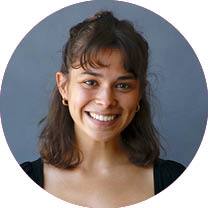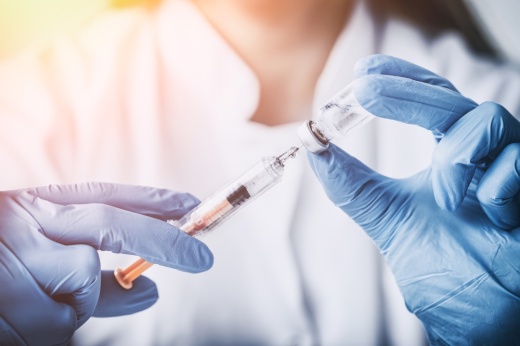As of Aug. 16, there are nine confirmed monkeypox cases and 79 presumptive cases in Travis County. There were 72 presumptive cases Aug. 15.
“While they’re labeled as presumed cases, [nine out of 10 times the cases are confirmed as monkeypox],” said Pilar Sanchez, the county executive for health and human services.
Austin Public Health is monitoring a nurse hotline to give guidance to individuals who think they may have been exposed or have symptoms. Residents who have been exposed and call the line will be monitored by APH staff twice a day for 21 days for developments in their symptoms. Nurses are receiving over 200 calls a day from residents who believe they were exposed, Sanchez said.
APH has received just over 3,000 vaccines and is holding appointment-only vaccine clinics for eligible residents. Due to the scarcity of the vaccine, eligibility is determined through an APH questionnaire and assessment. As of July 29, APH officials stated the only residents who are eligible for the vaccine are those who had a sexual partner in the past 14 days who was diagnosed with monkeypox or those who had multiple sexual partners in the past 14 days in a jurisdiction with known monkeypox. APH has vaccinated 536 individuals, according to Sanchez.
APH is expecting Travis County will receive 5,000 more vaccines, though the timeline on when those vaccines will arrive is still unclear.
As APH begins to roll out vaccines to the community, Travis County Commissioner Jeff Travillion called for health officials to prioritize providing vaccine access to poor Austin areas.
“I’m not interested in the who. I’m interested in the where,” Travillion said. “During the pandemic, of the first 74 sites where people could go and be [vaccinated], 65 of them were west of [I-]35.”
APH Chief Epidemiological Officer Janet Pichette said she will ask for ZIP code data from CommUnity Care and other vaccine providers to track if poor areas are getting equal access.
“I think it's important to know where the resources are being deployed to determine whether or not poor people have access, too.” Travillion said. “I don’t want us to continue to overserve the wealthy part of the community and underserve the poor part of the community,”
APH's nurse line can be reached at 512-972-5560.





